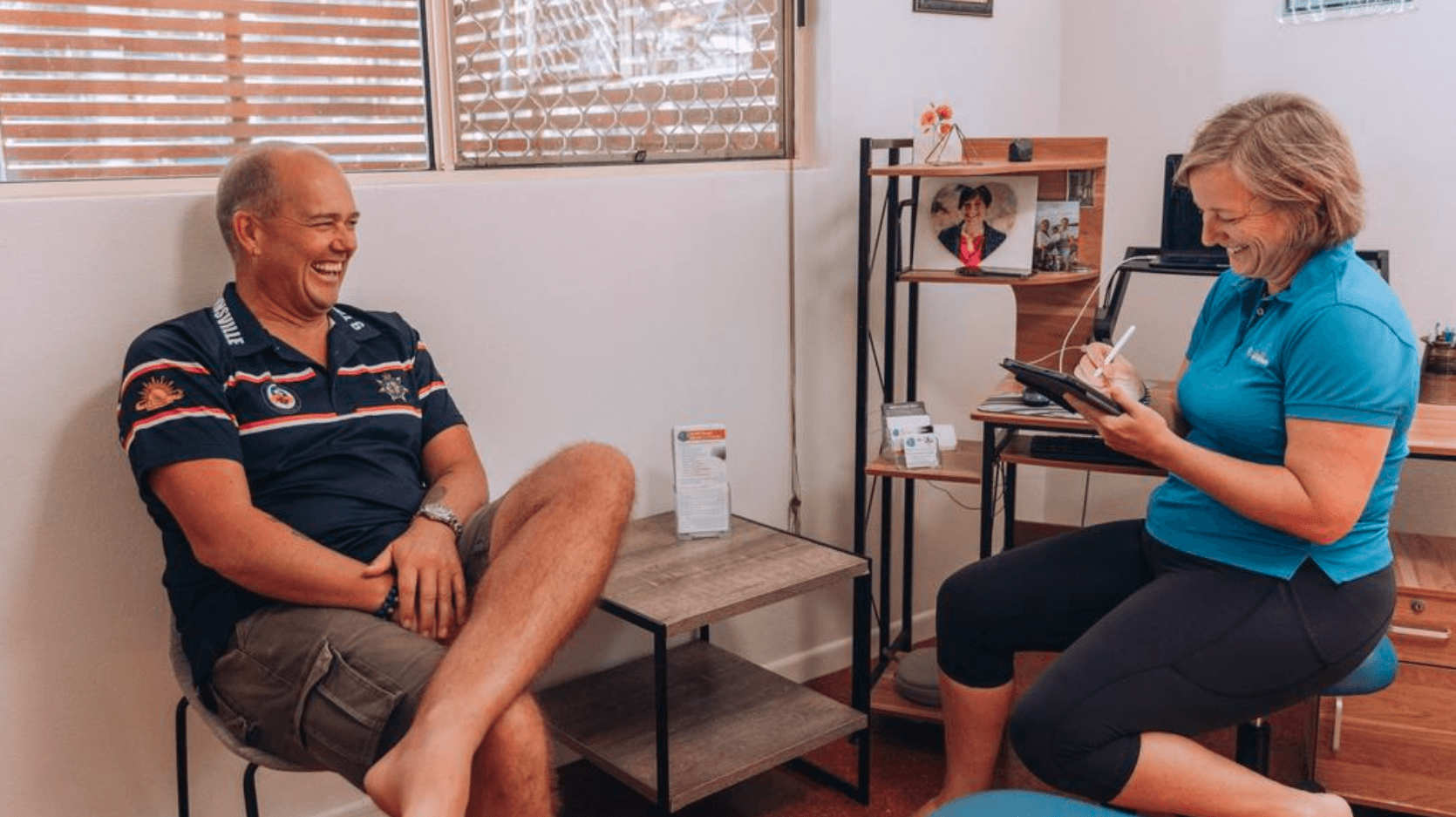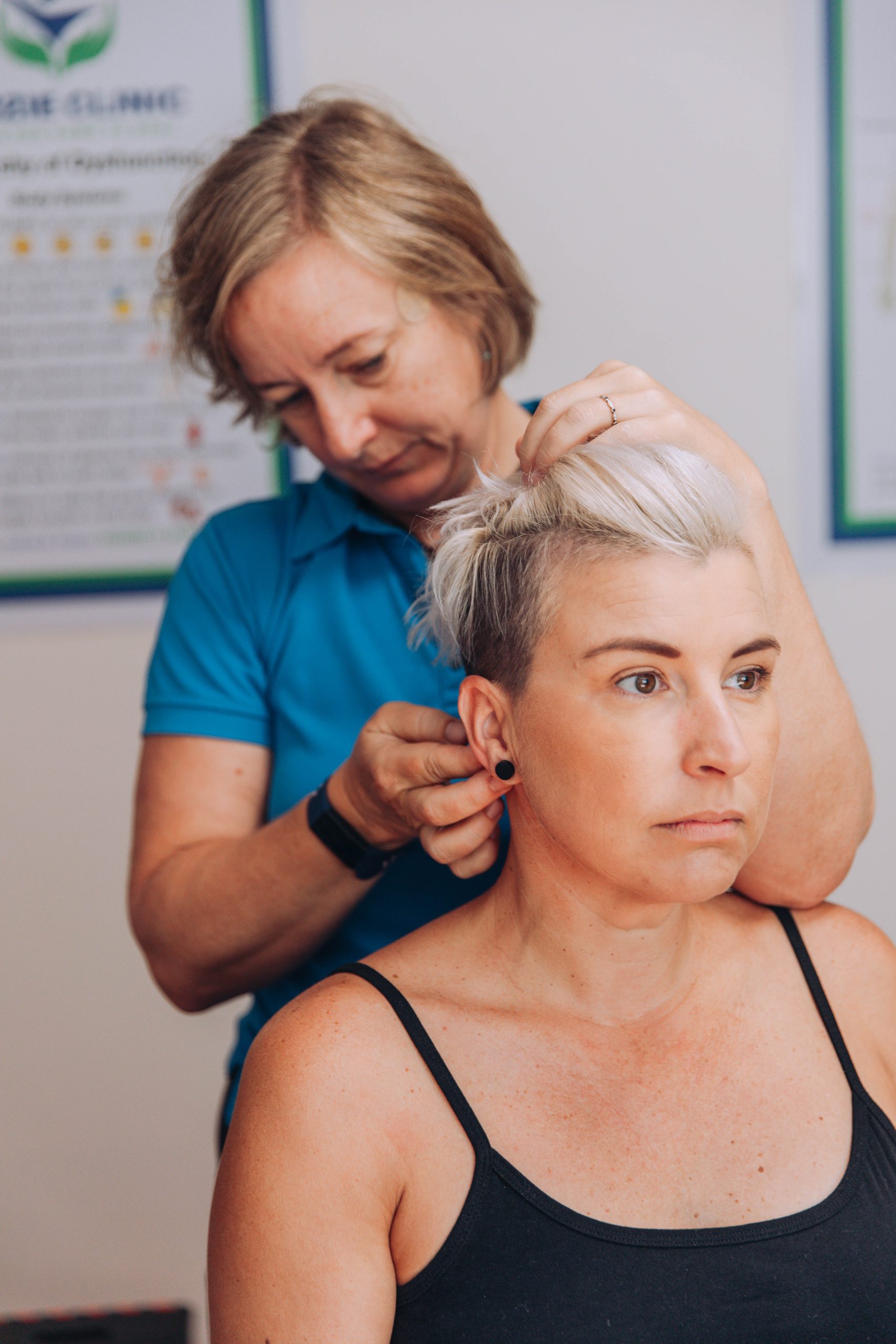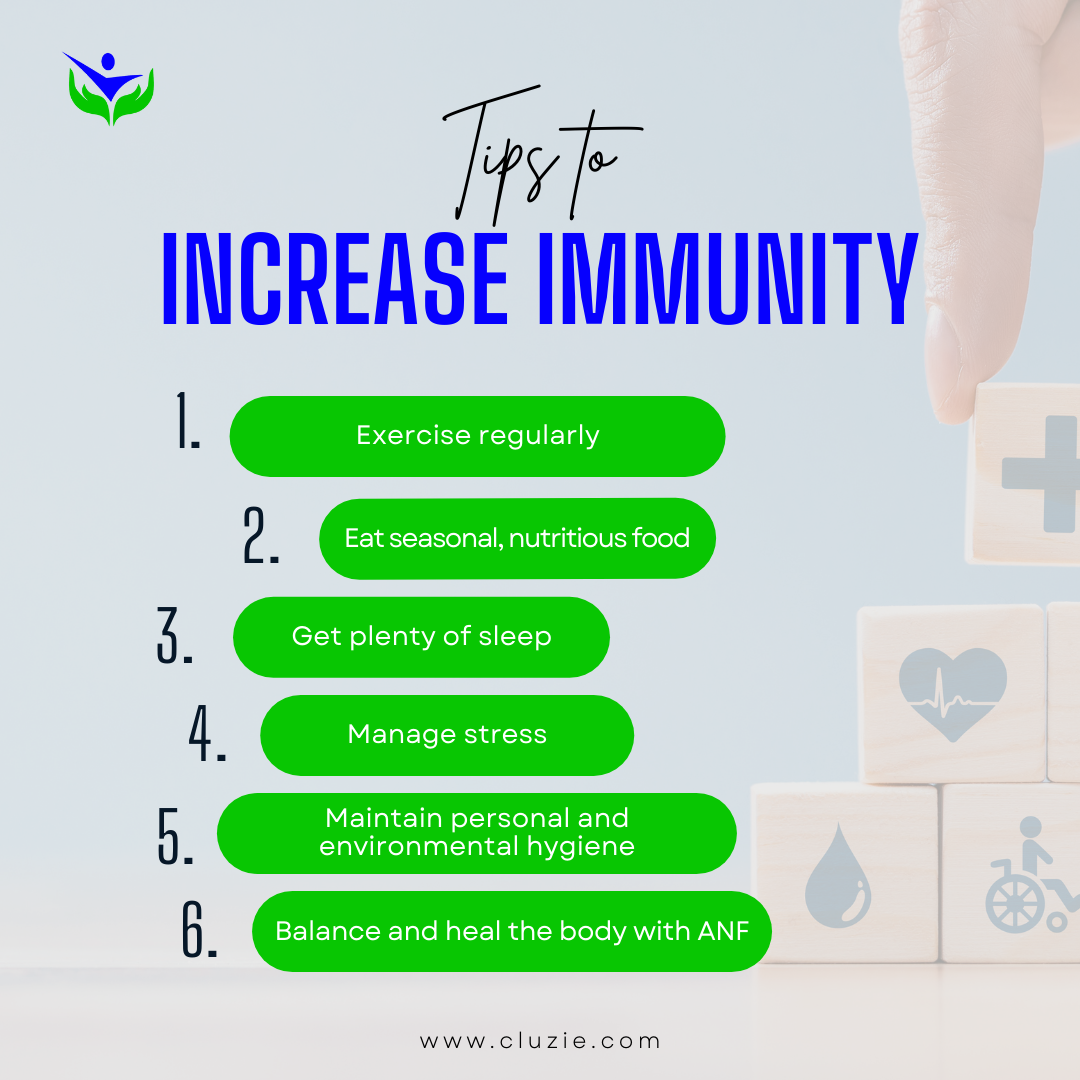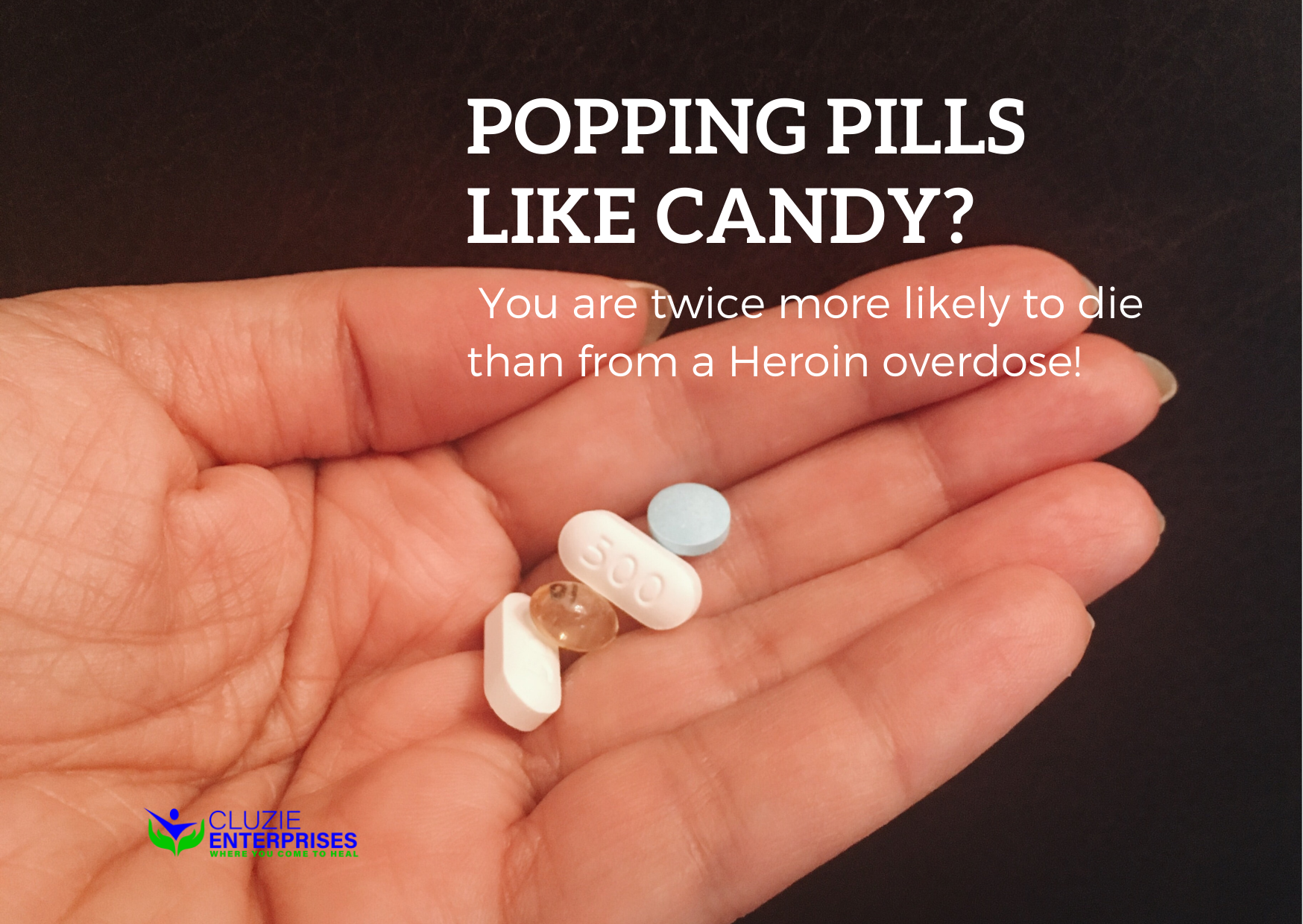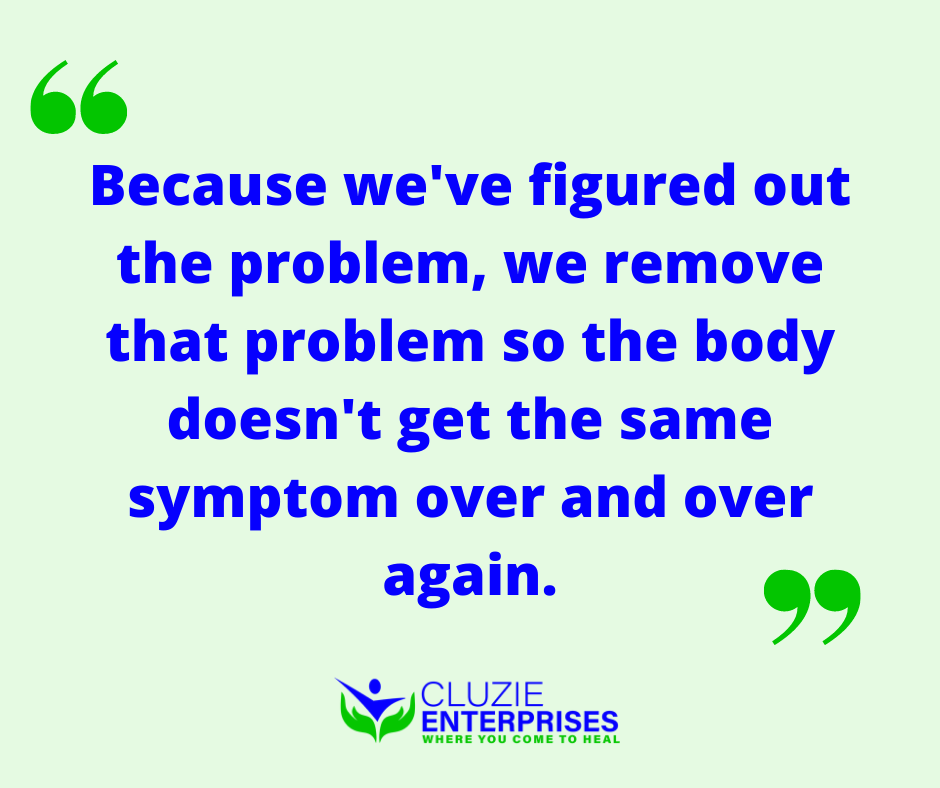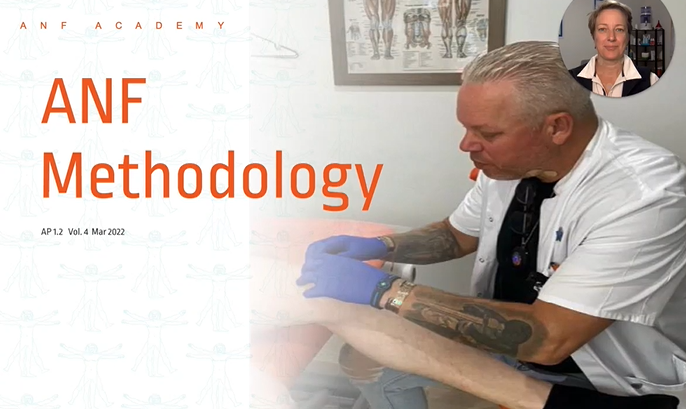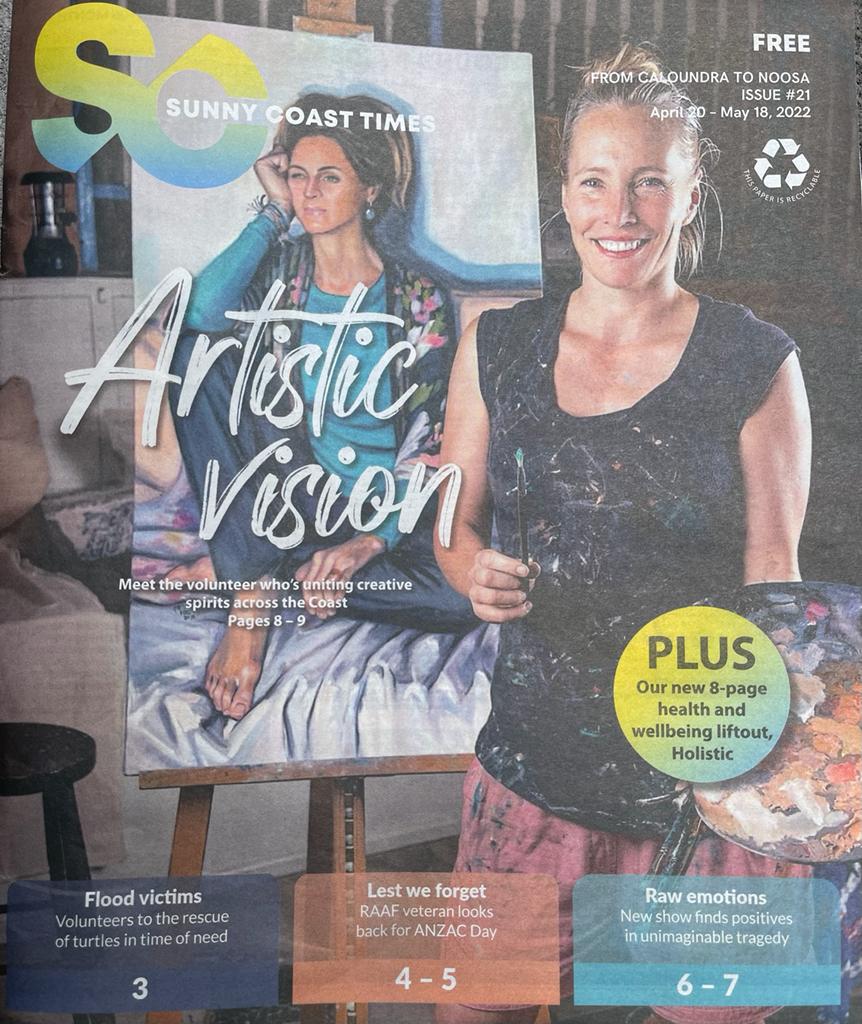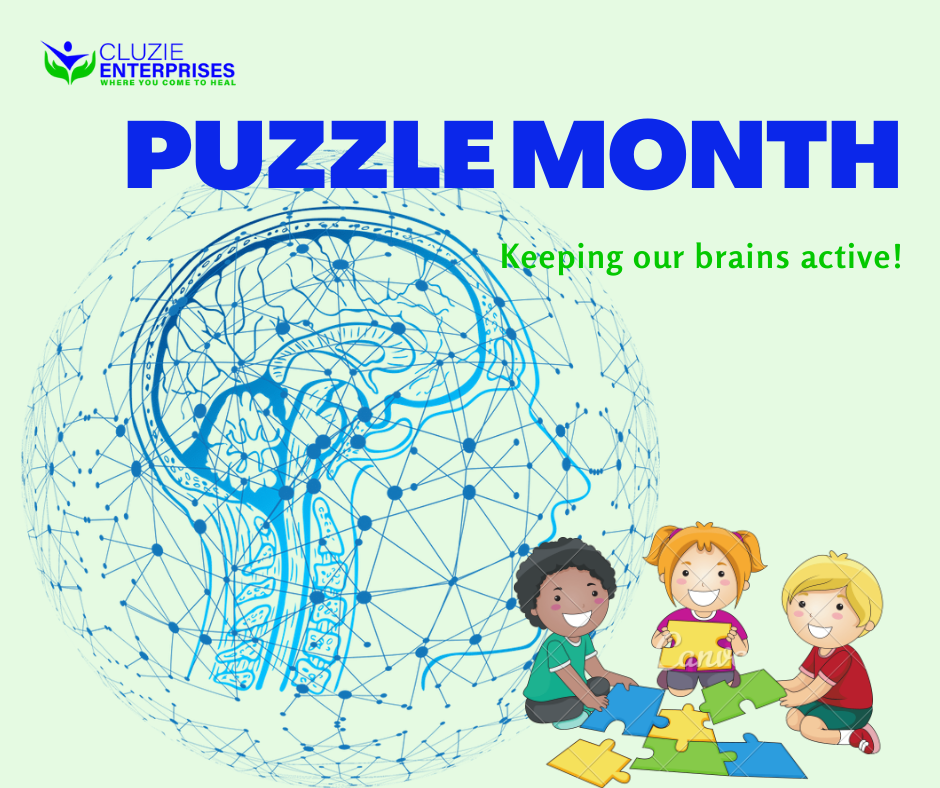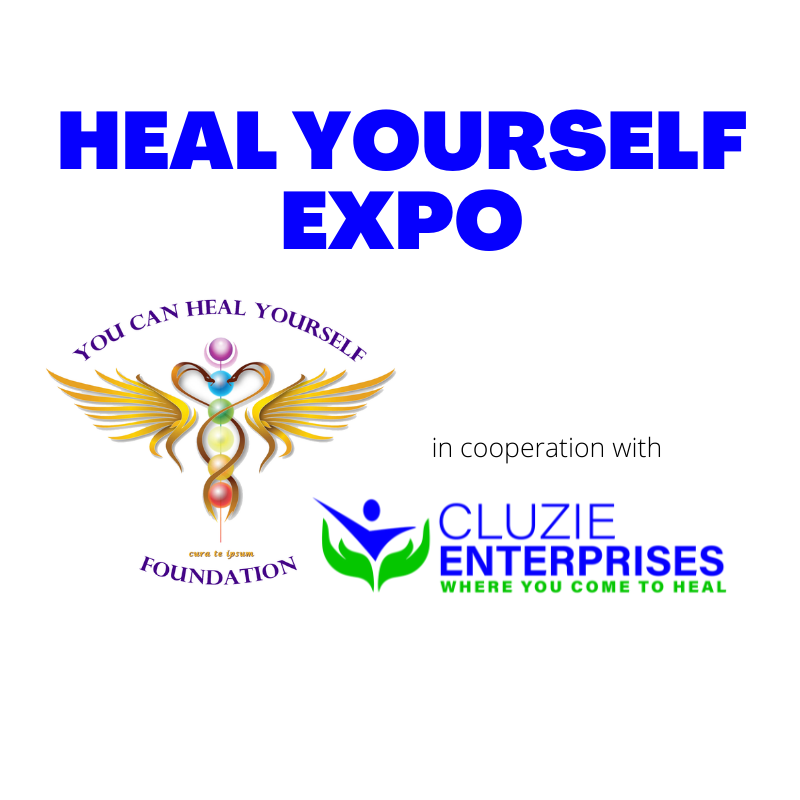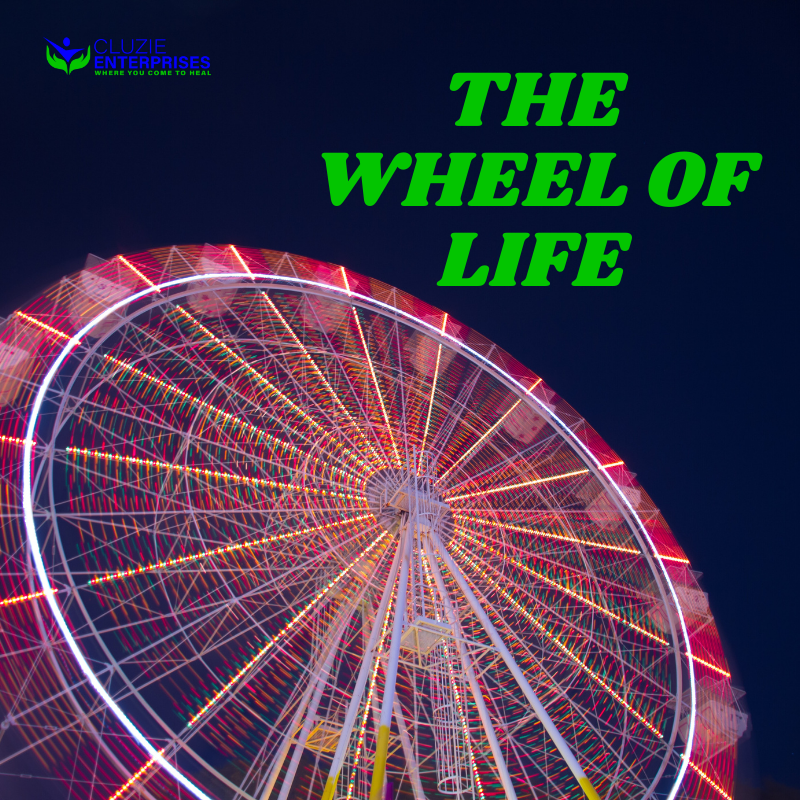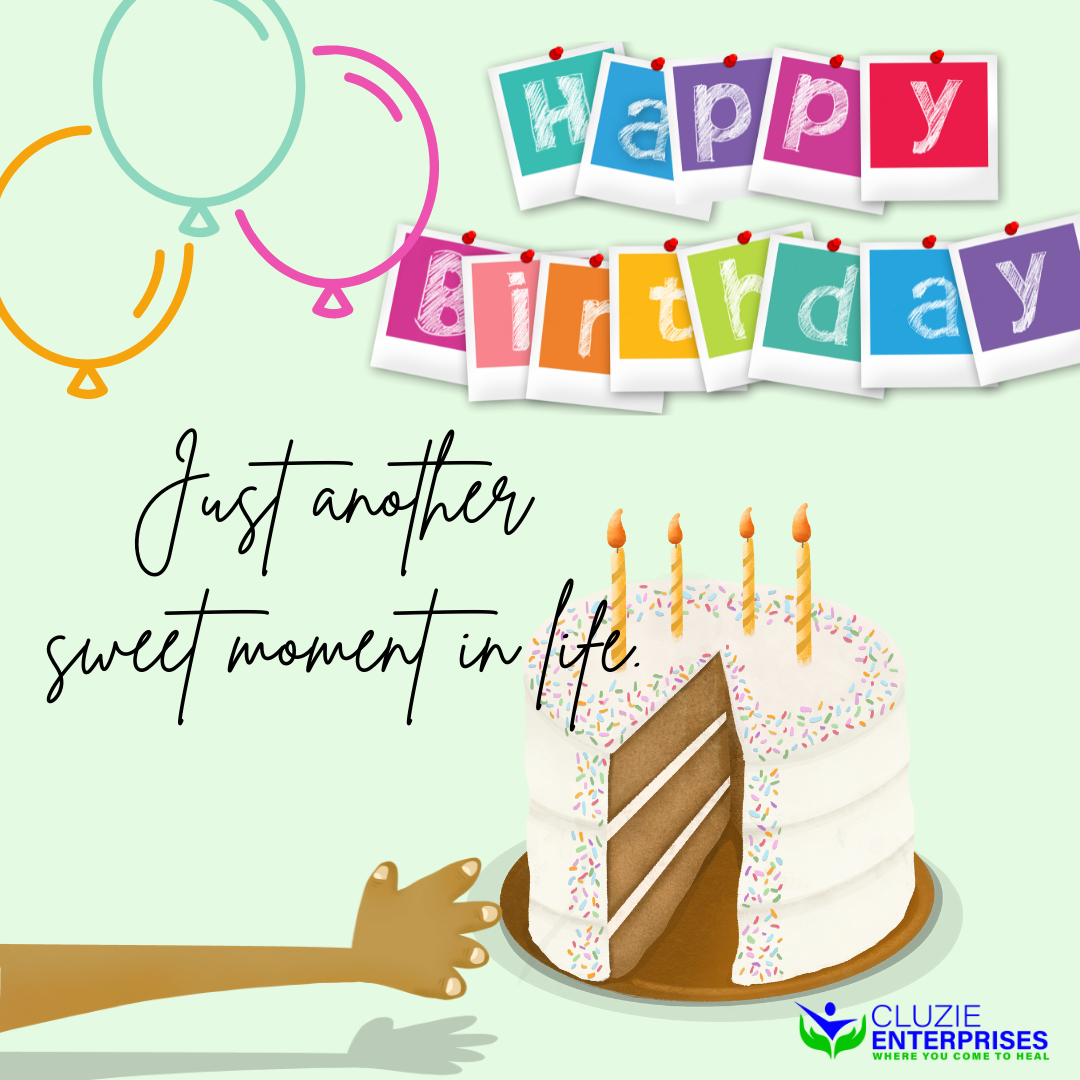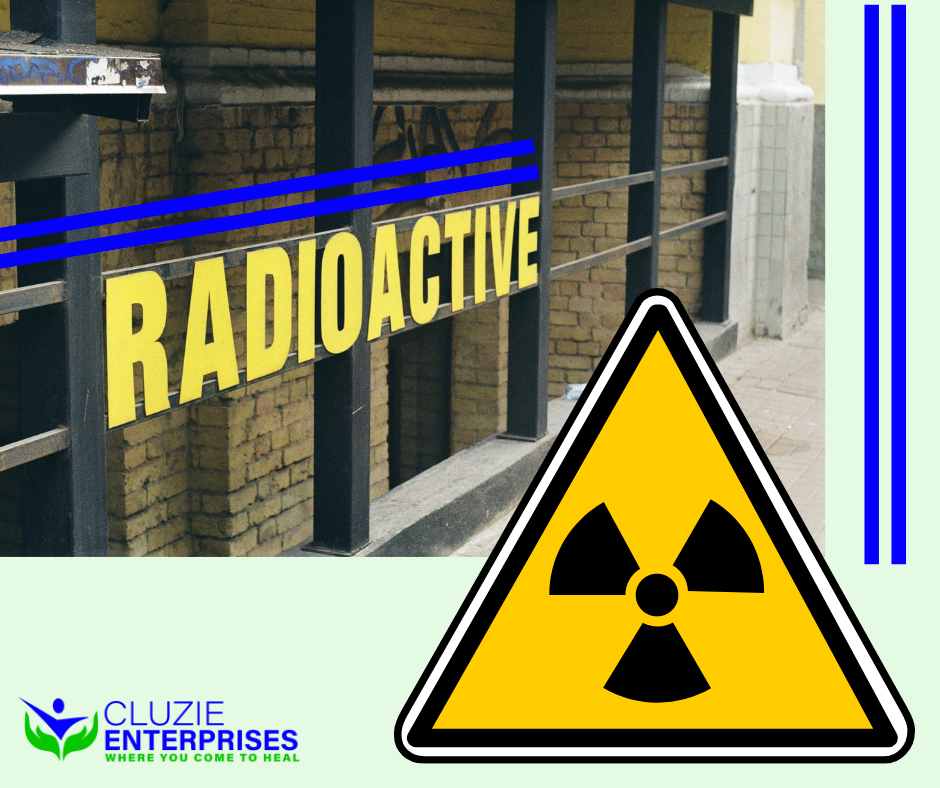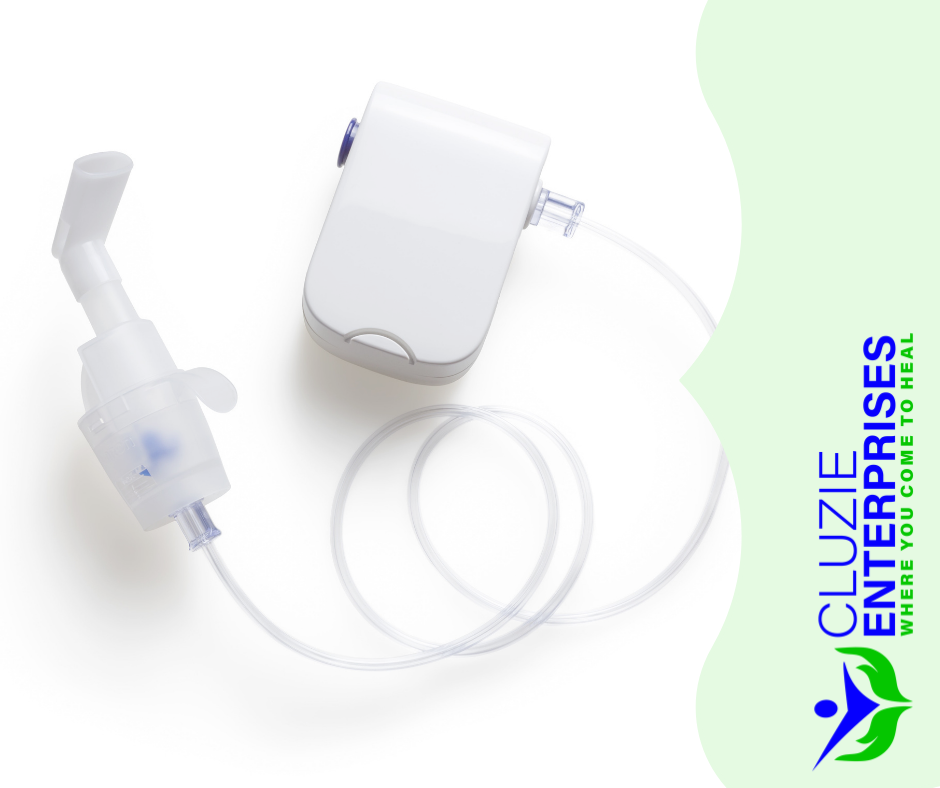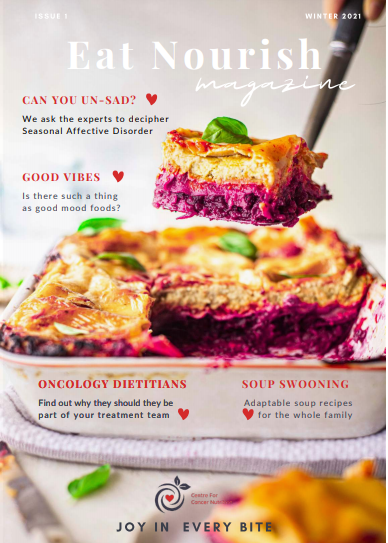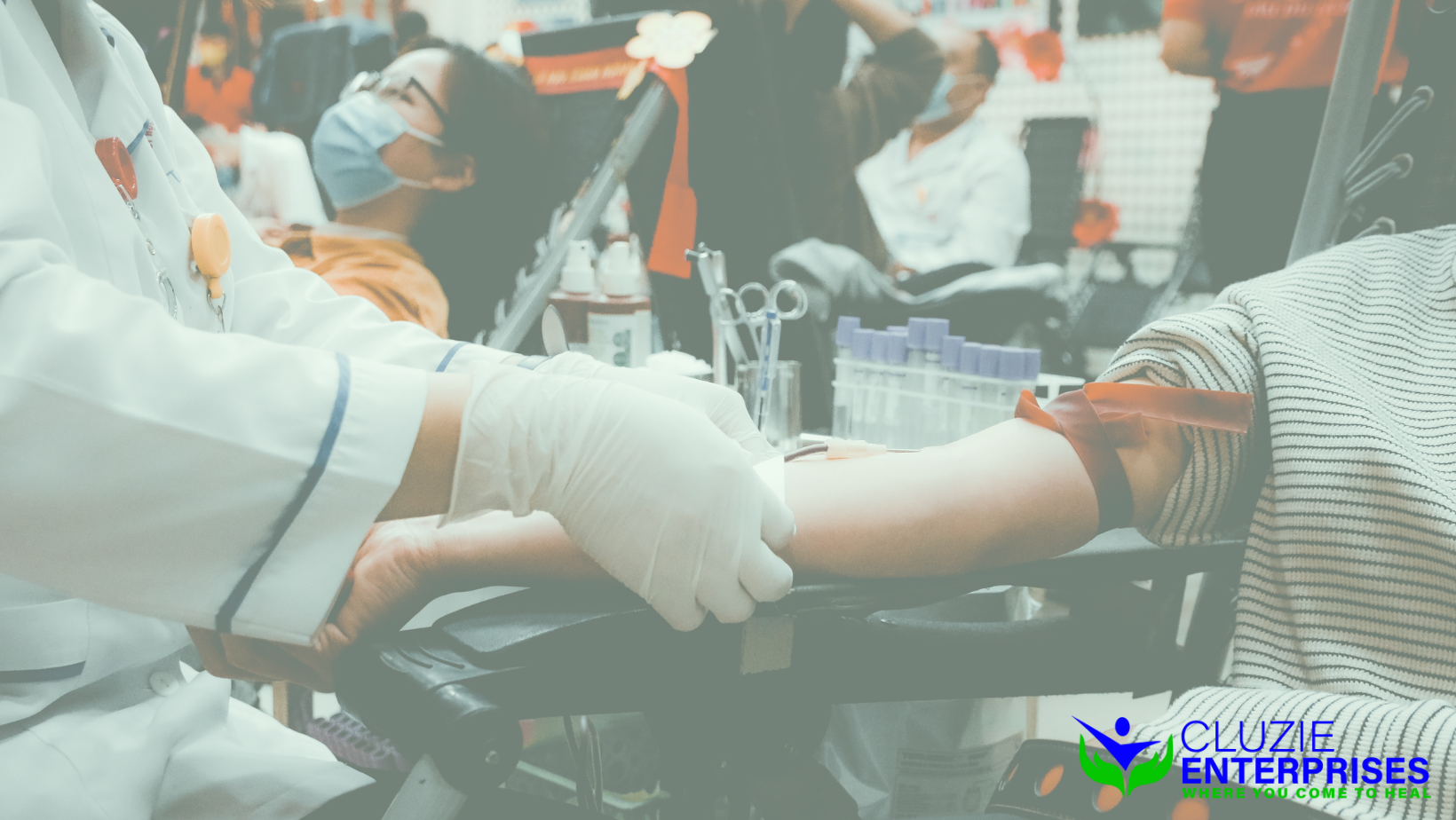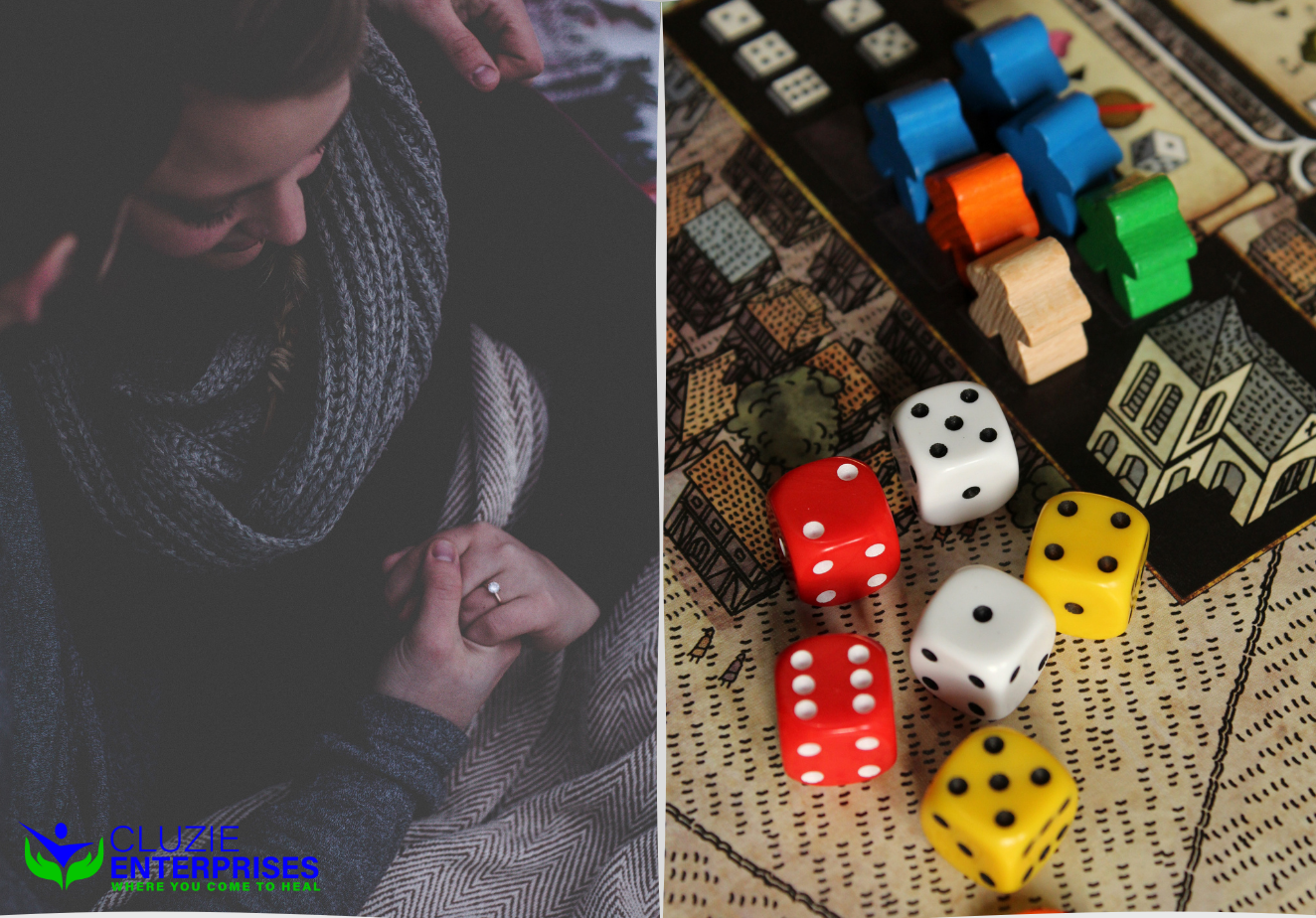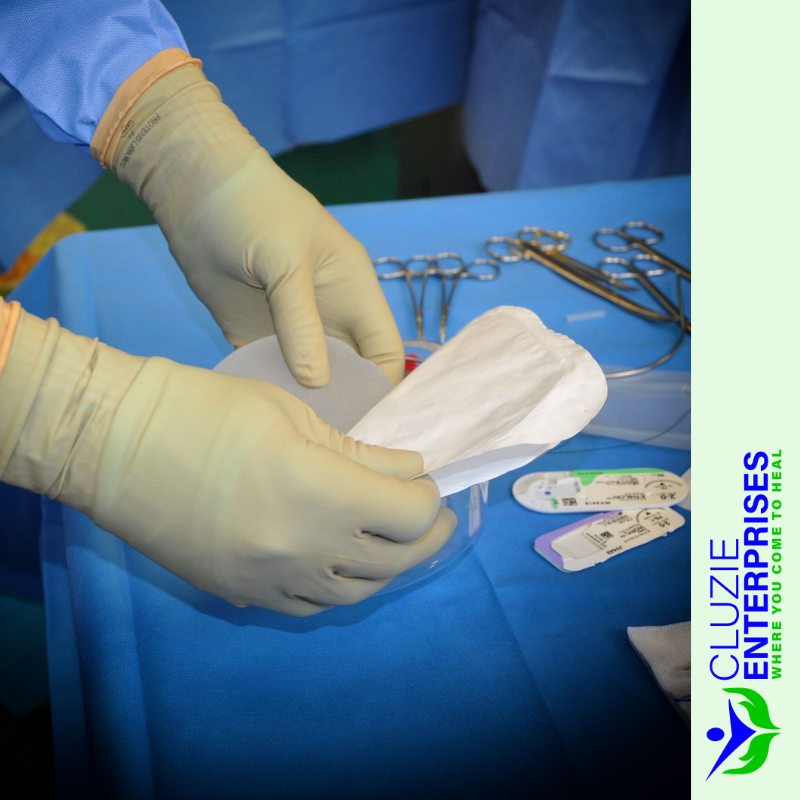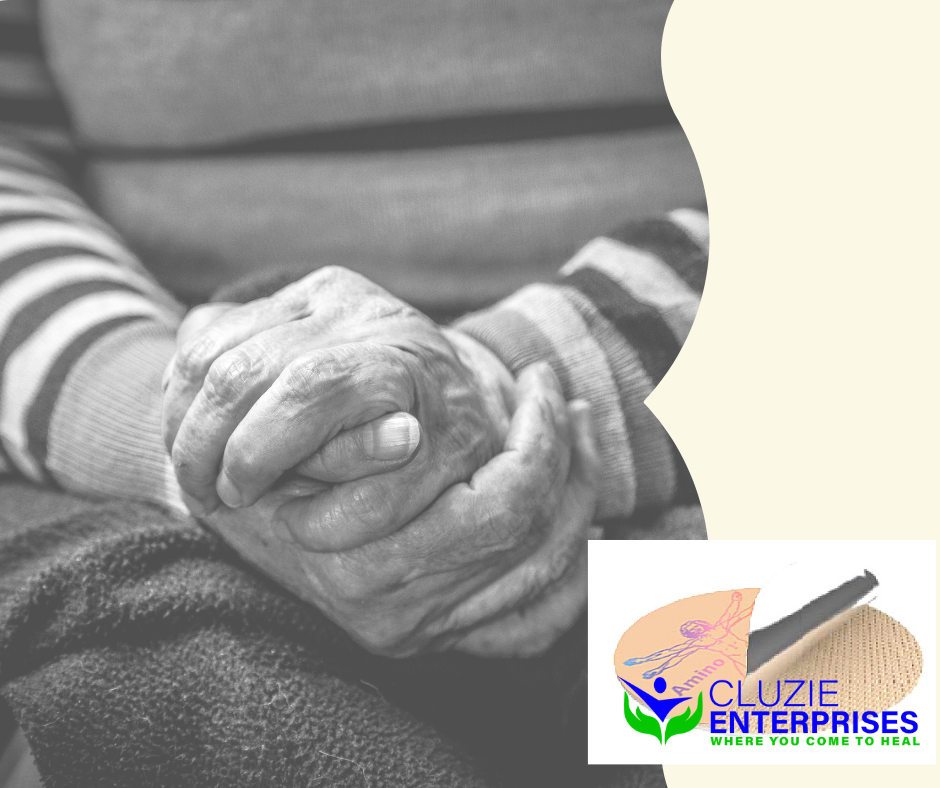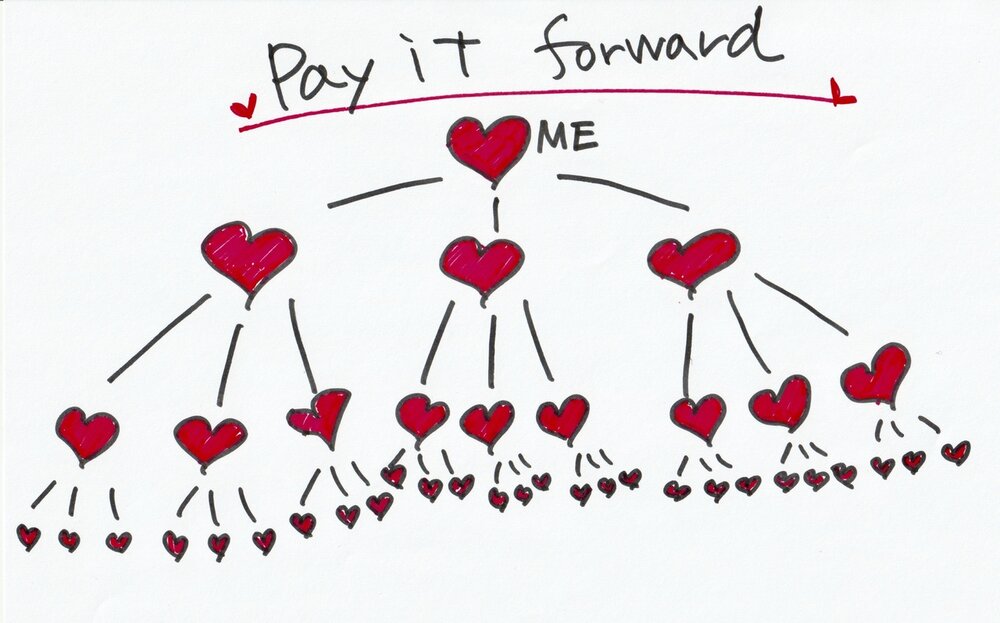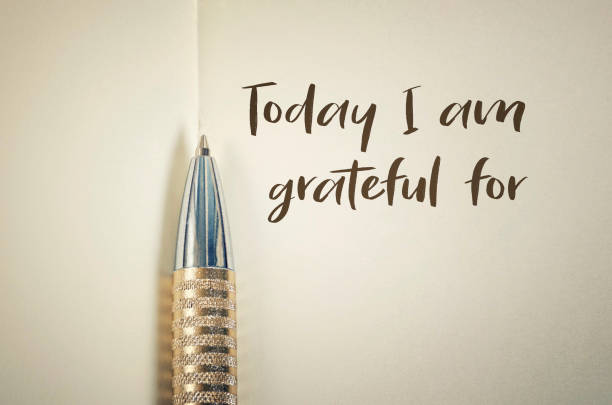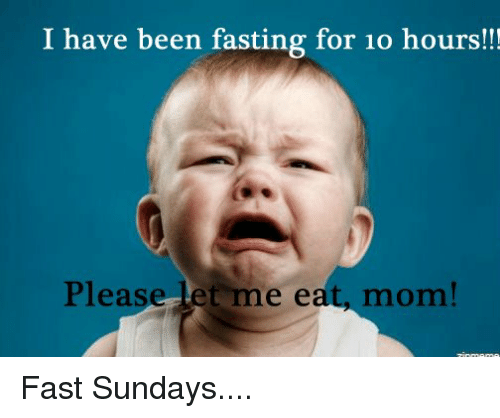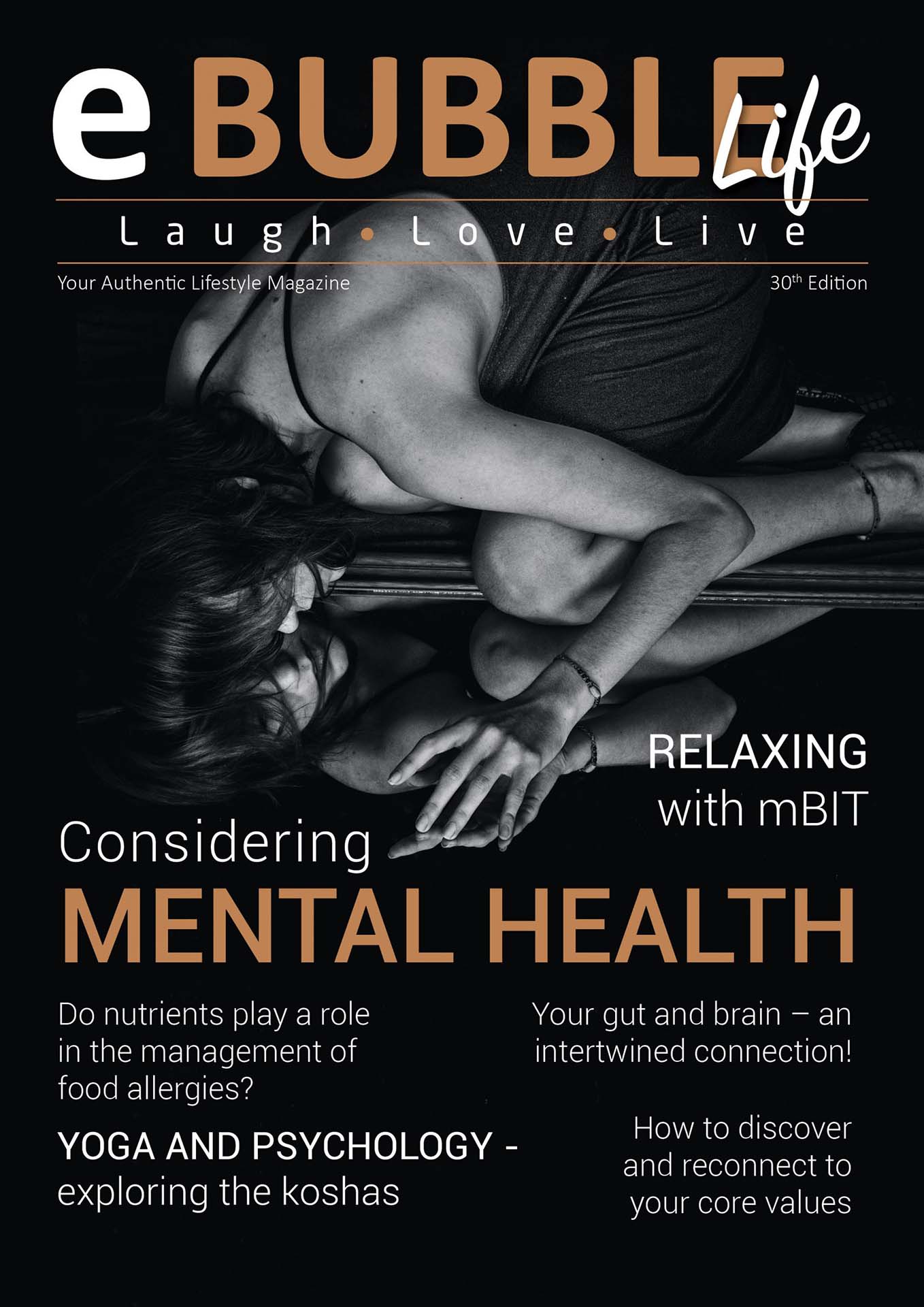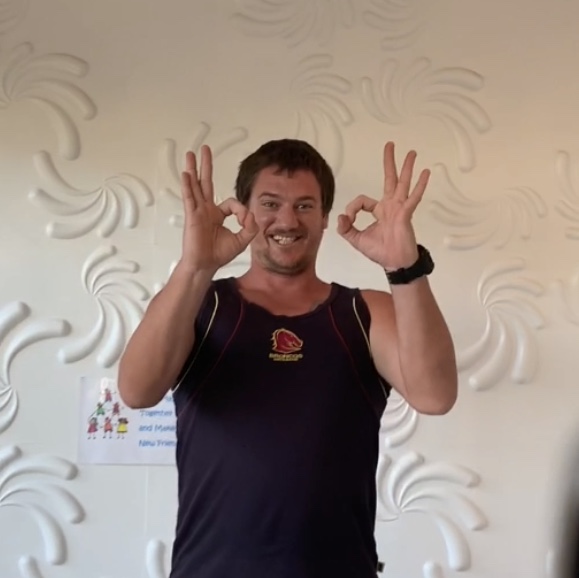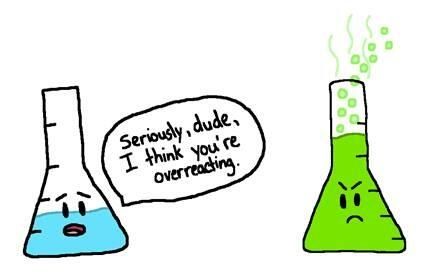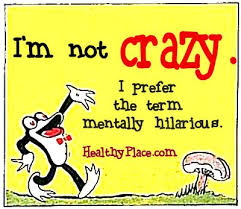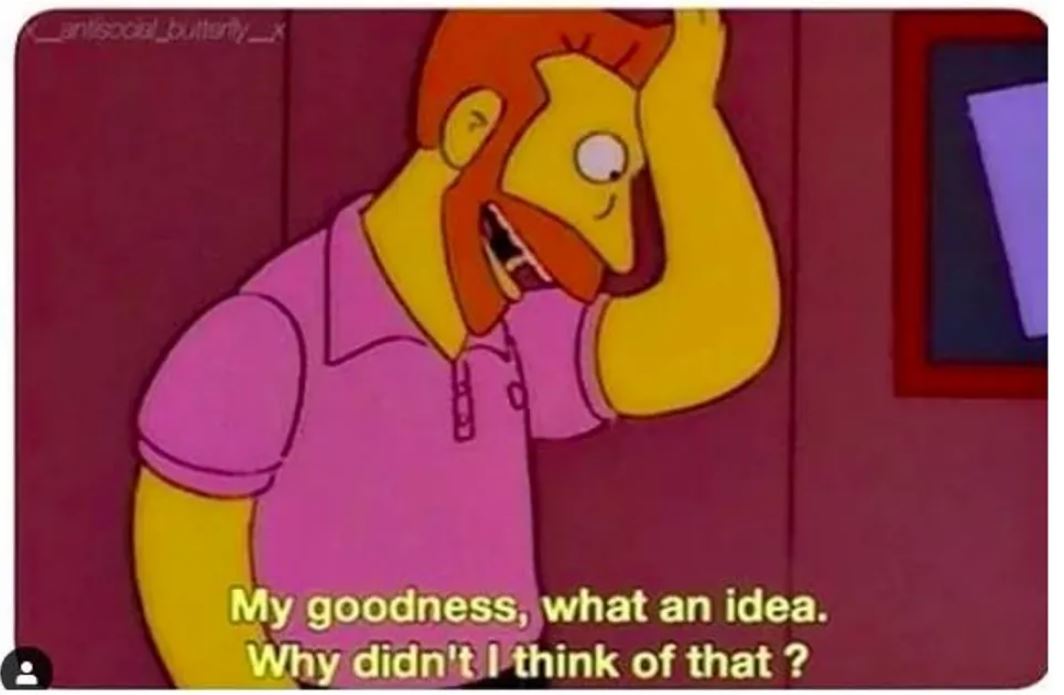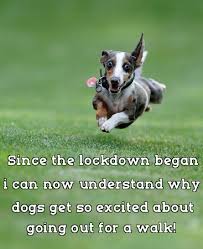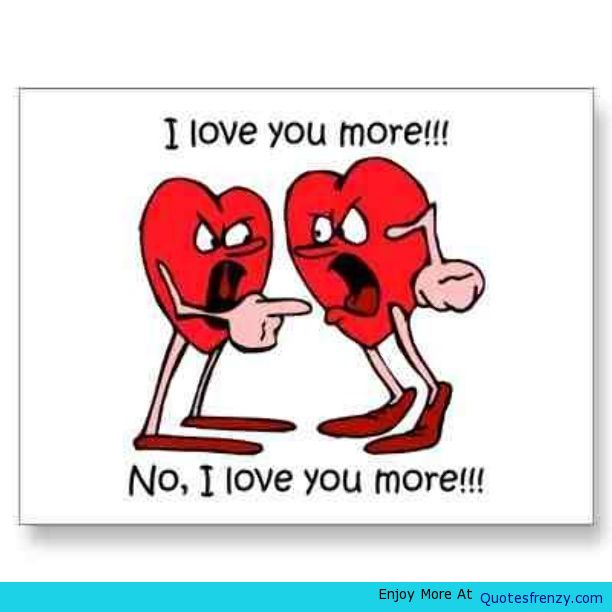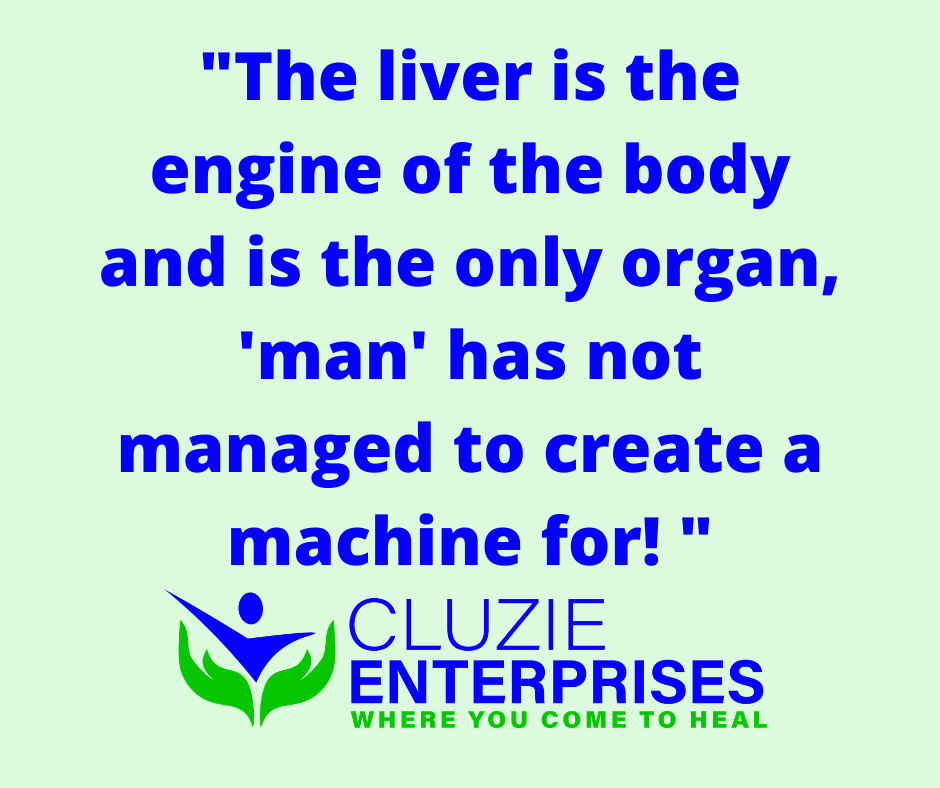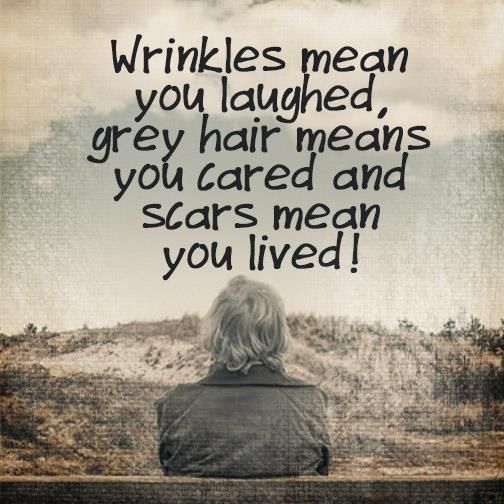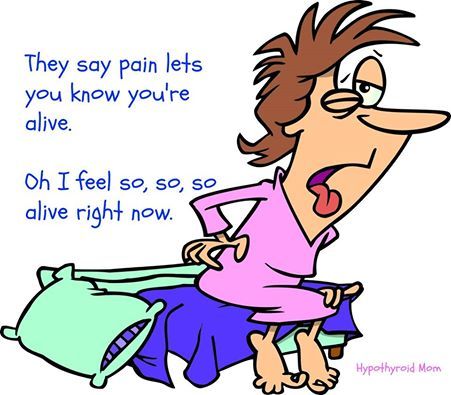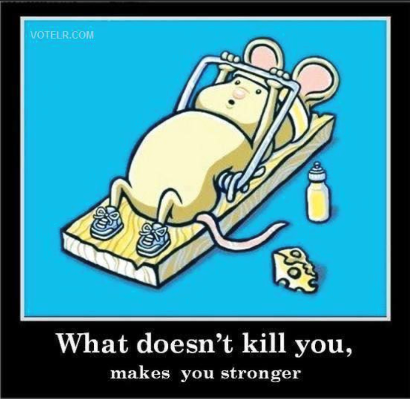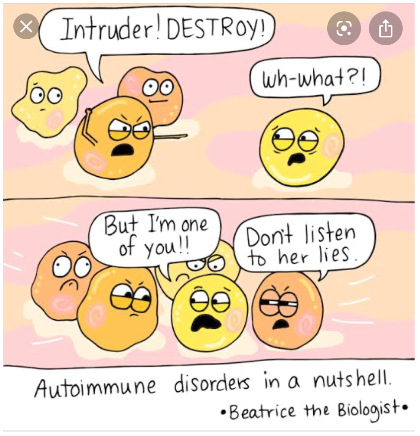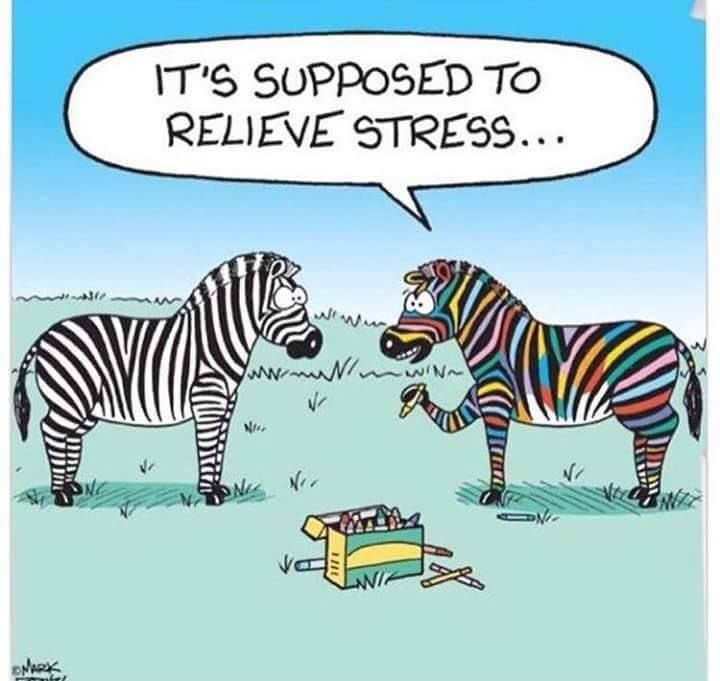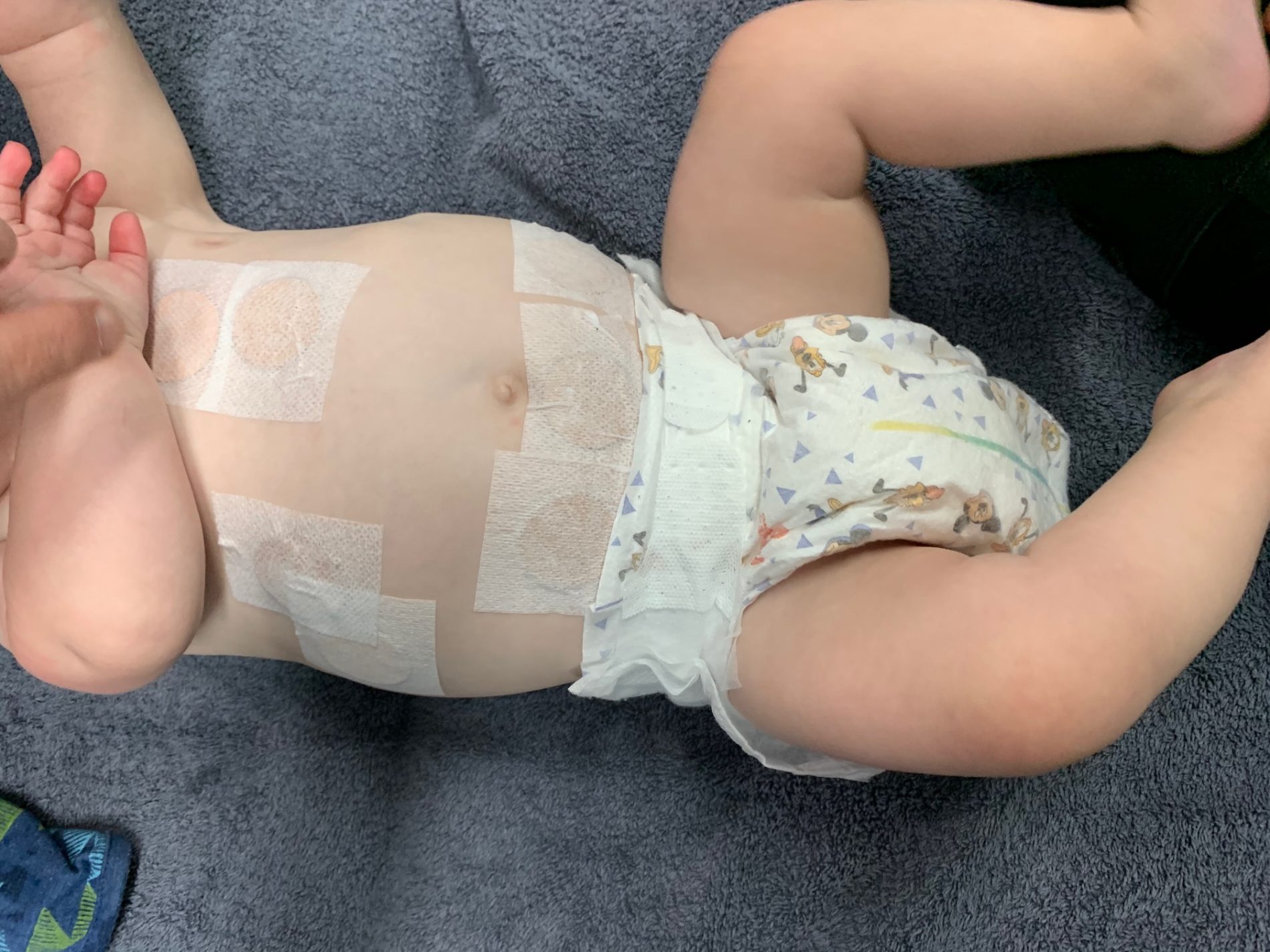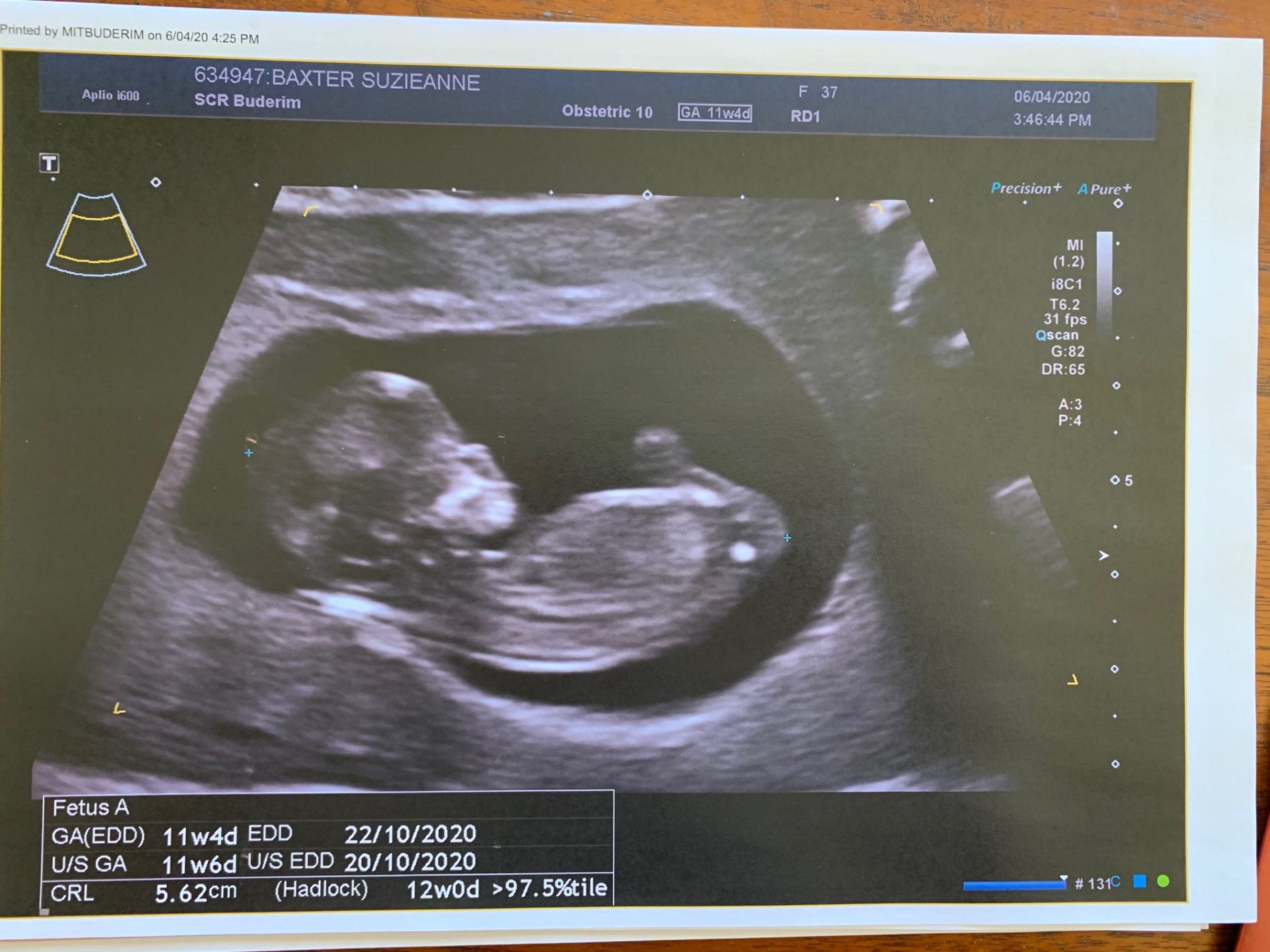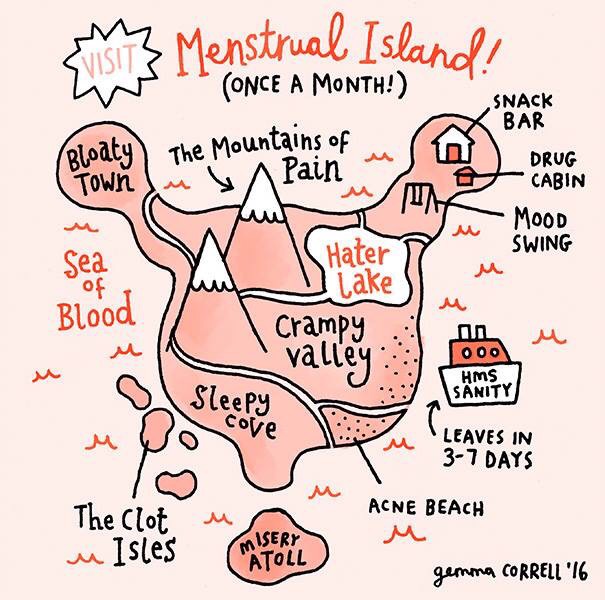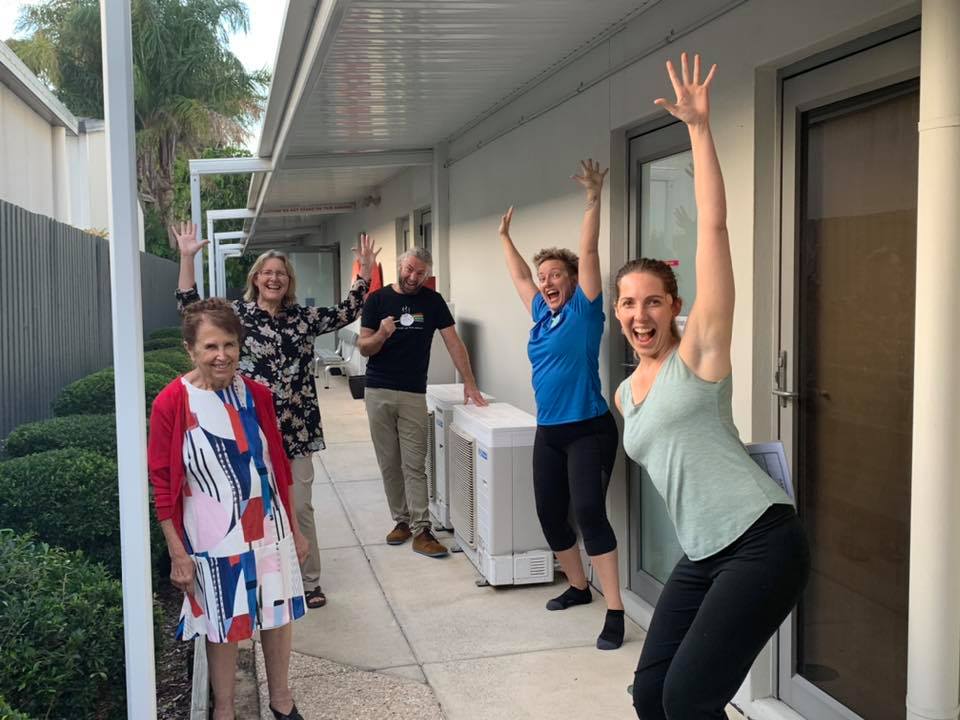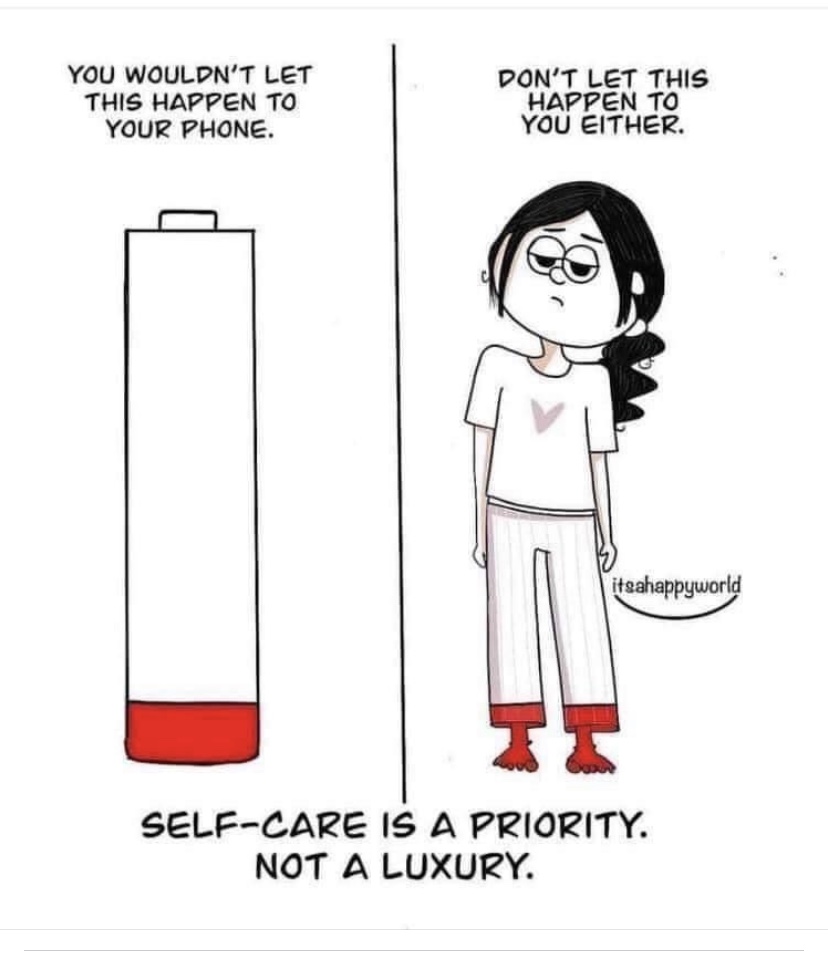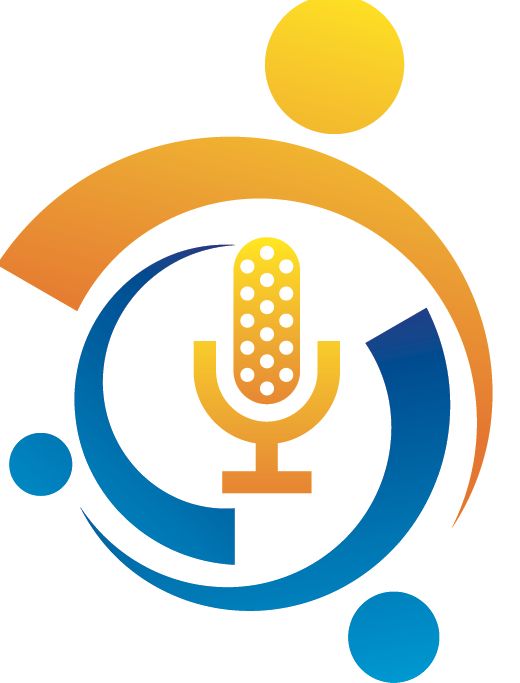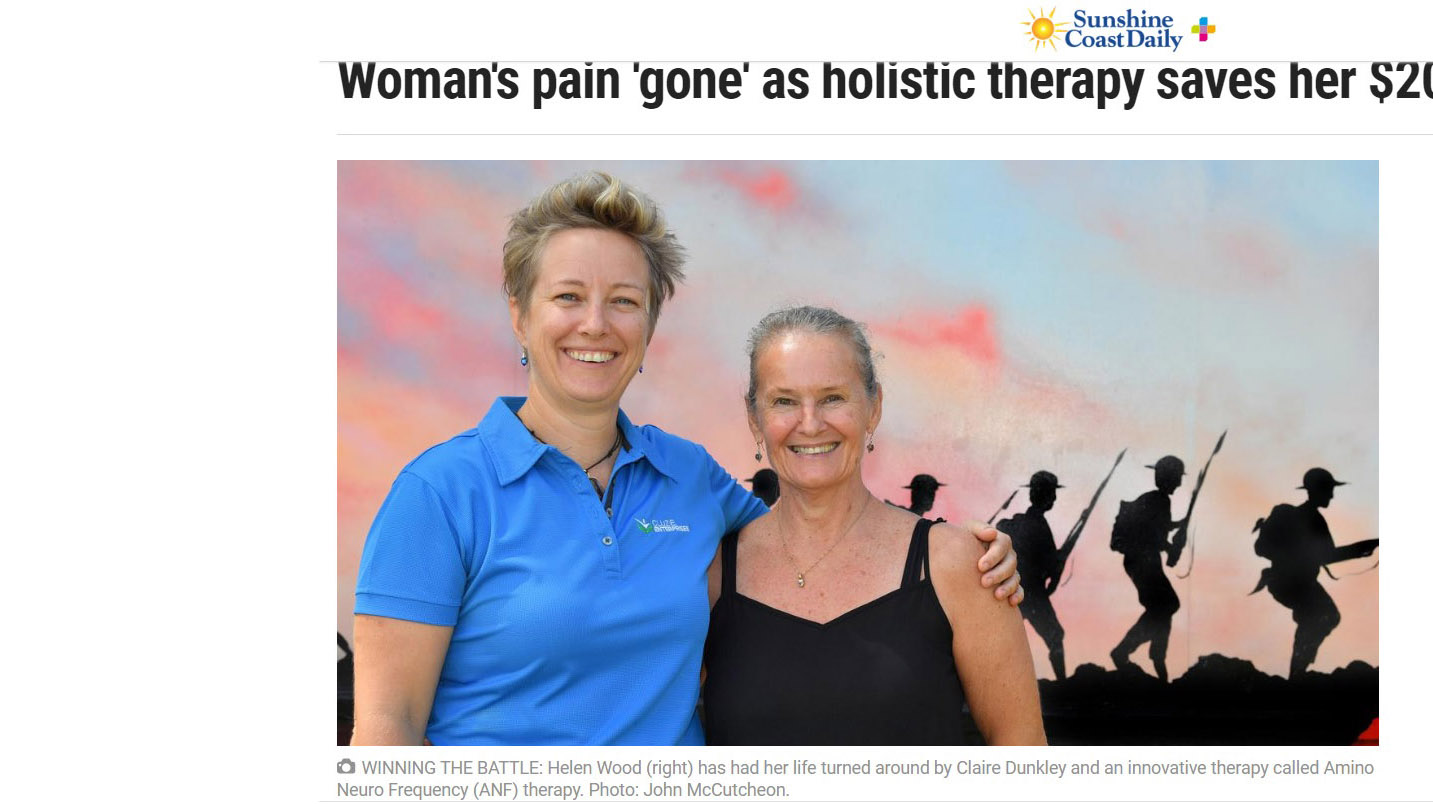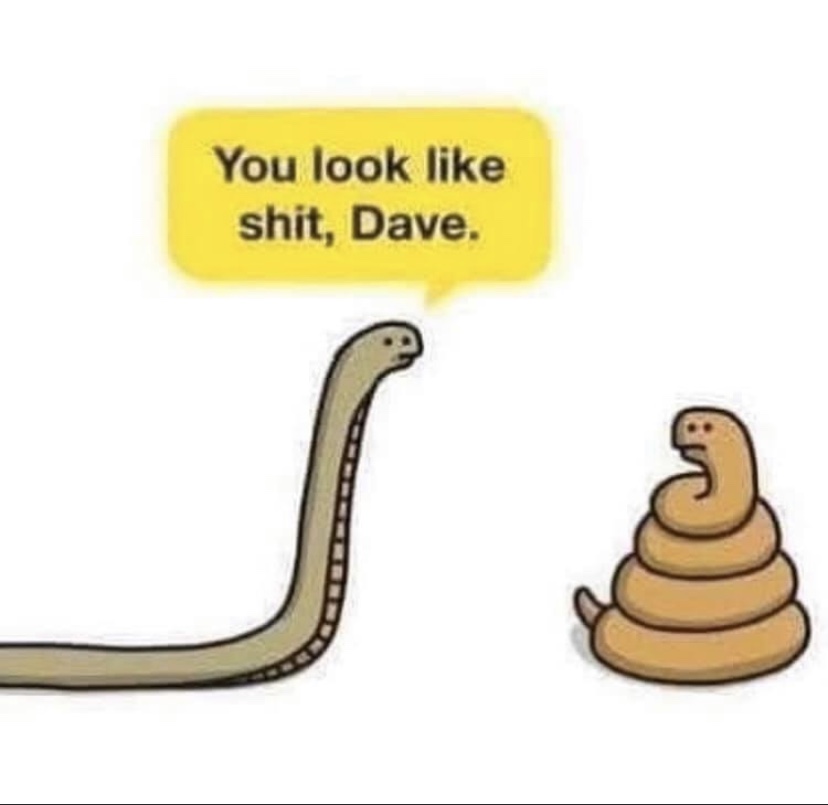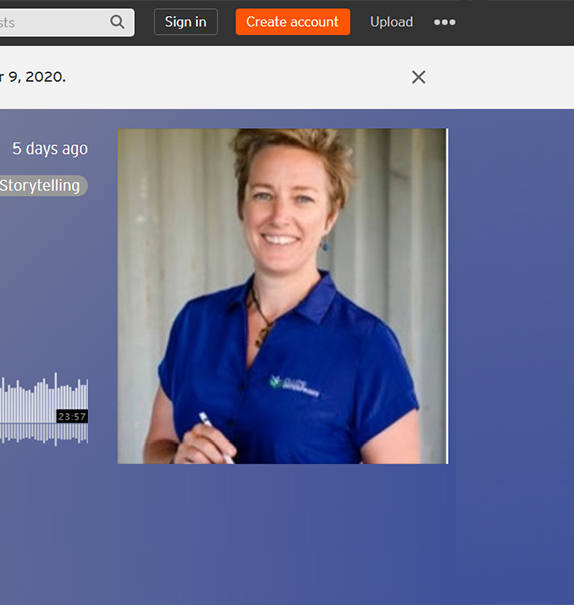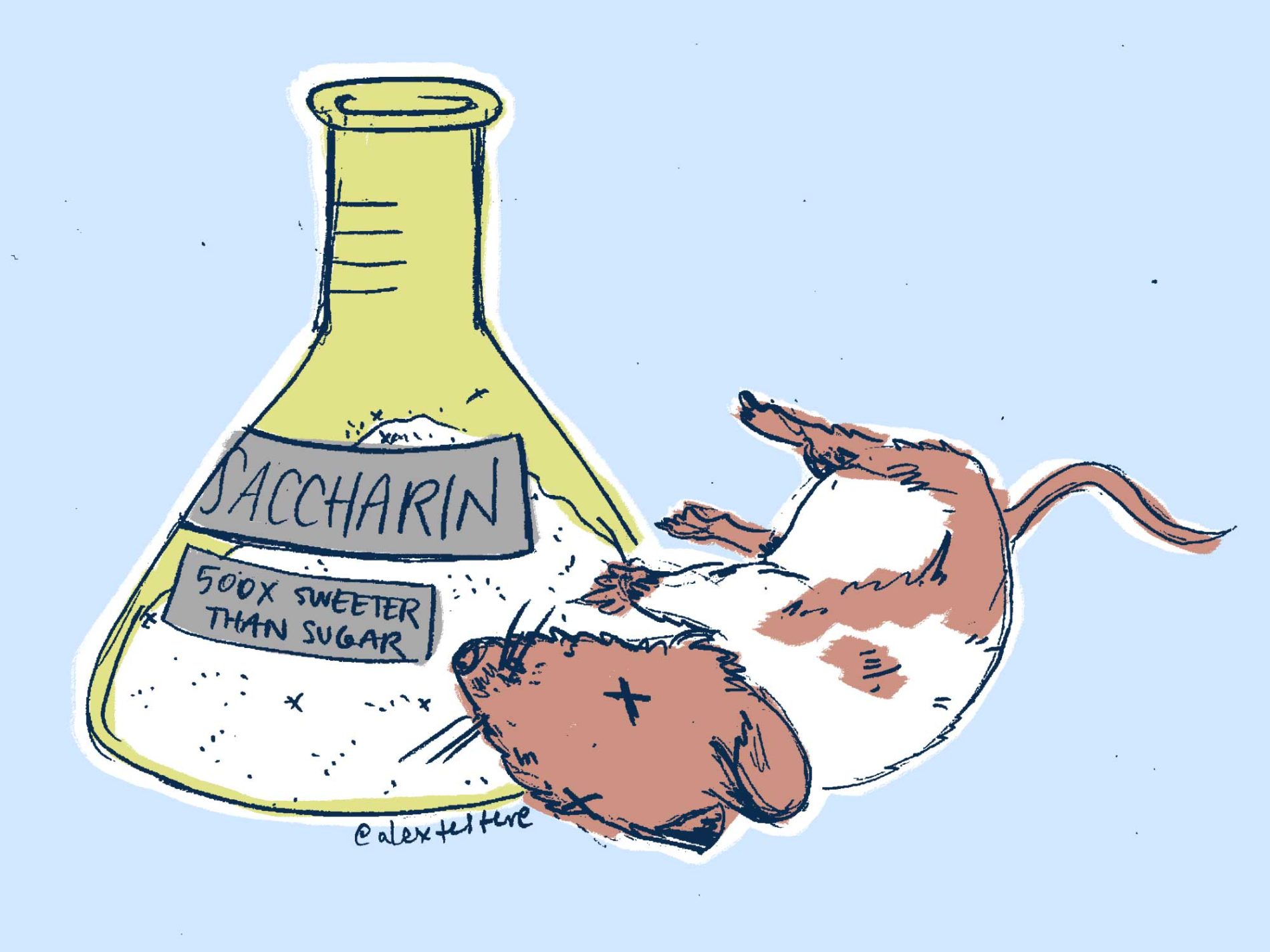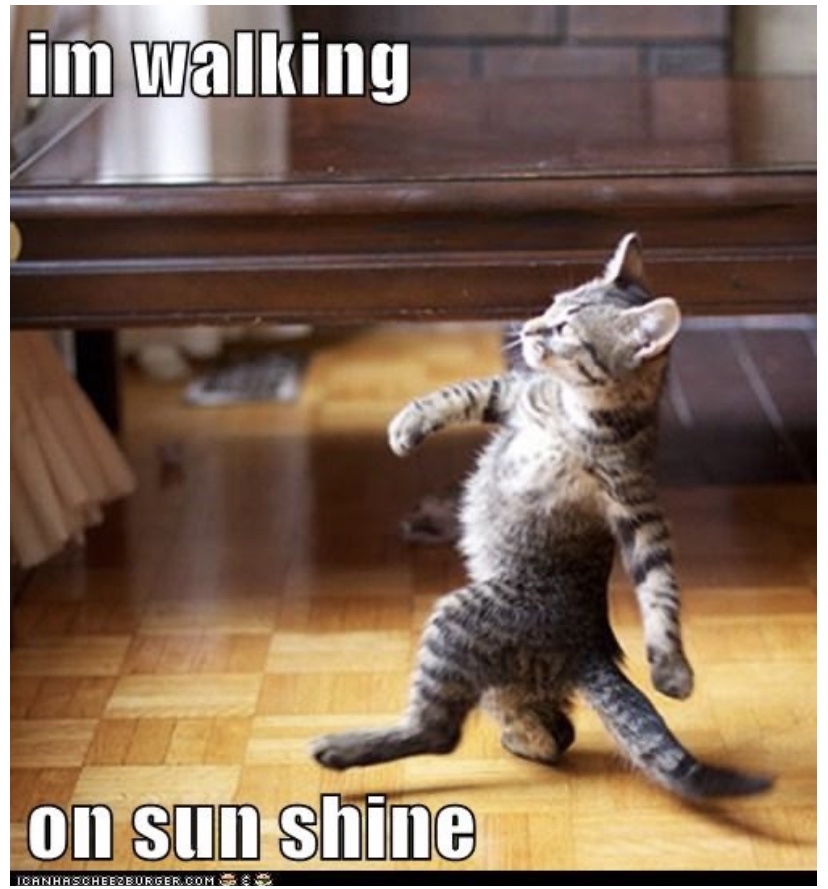A local Buderim nurse says we aren’t doing enough to care for the mental health of our serving and surviving military, calling for greater awareness, treatment and support for PTSD sufferers ahead of ANZAC Day celebrations across the Coast.
Claire Dunkley, Clinical Nurse Practitioner with over a decade of experience treating patients in both public and private sectors, says PTSD has become a buzz word used all-too-easily for any negative memory amongst a new generation of adults with little to no experience or comprehension of the real meaning of trauma.“
I see kids saying they have PTSD from cracking an egg wrong once – it’s utterly ridiculous and disrespects our servicemen who put their lives and their mental health on the line to protect the lives of all Australians in our armed forces,” Ms Dunkley said.
“Being in the Defence Force creates a traumatic experience unparalleled anywhere in life; it’s neither acknowledged adequately enough, nor treated to any meaningful degree within our current health system,” she said.
“True Post Traumatic Stress Disorder is profoundly debilitating and the numbers of sufferers officially reported are only the tip of the iceberg, in part because there is a ‘hush’ culture that still exists for any soldier that tries to speak out about the true impact of war and what is involved in defending our nation,” Ms Dunkley said.
The data and anecdotes support Ms Dunkley’s cry. The most recent Department of Veterans Affairs commissioned study shows the significant mental health concerns amongst our country’s most honourable heroes.
The study showed 8.7% of ADF members still serving full-time had experienced PTSD, as well as 17.7% of ADF members who had been transitioned to reserves. This compares to only 5.2% in the general Australian population.
Local ex-serviceman, Mr Miles Wootten, said he has battled PTSD and associated issues for years since completing his service.
“I was deployed as a Peace Keeper Officer to Rwanda when I was just 21 years old to clean up the damage of the Rwandan Civil War as part of the Advance party,” Mr Wootten said.
“Seeing the devastation of people, lives, blood and gore rocked me to my core; it was truly a living hell to see humans suffering to an extent I could never have imagined, and disembowelled without any mercy. These are memories that haunt me,” he said.
Mr Wootten’s trauma was only compounded by the response from superiors upon returning to Aussie soil.
“I was unequivocally disregarded and belittled by my In-Charge officers. It might be atrending buzz word for the youth, but PTSD isn’t something you want to mention to the army,” he said.
Ms Dunkley, from her private pain-treatment clinic in Buderim, eventually diagnosed Mr Wootten with late onset PTSD.
“He was ignored for years, and he suffered in ways no hero should,” Ms Dunkley said. “Finally, in his 40’s, he has been diagnosed and now receives the help and support that so many of our servicemen and women desperately need and deserve,” Ms Dunkley said.
“Being acknowledged and seen for what he did, what he saw and what he felt was the first step in the journey for Miles, and it has been a great privilege to assist one of our Aussie heroes clinically,” she said.
Claire Dunkley treats a broad range of clients from her private practice clinic treating a wide range of physical, mental and emotional pains and trauma.

